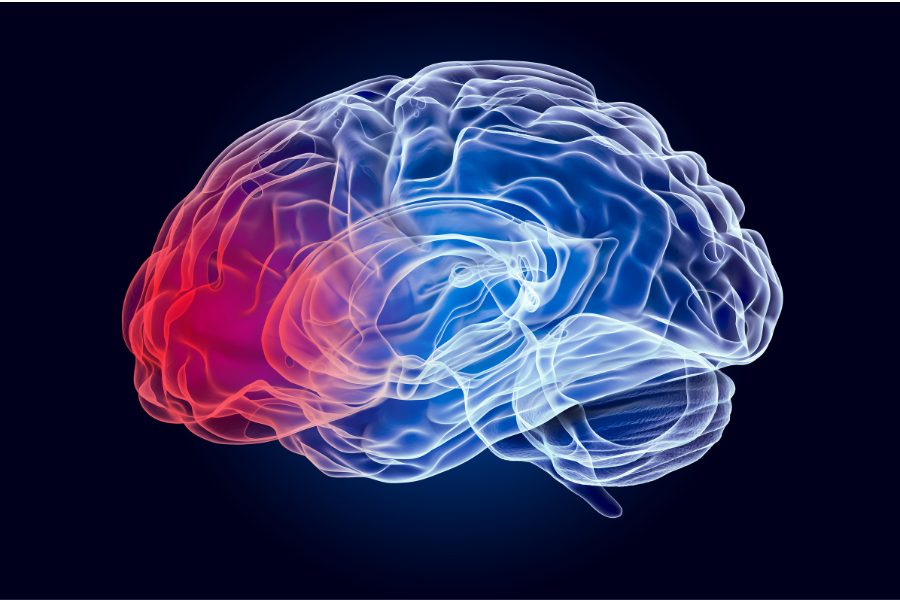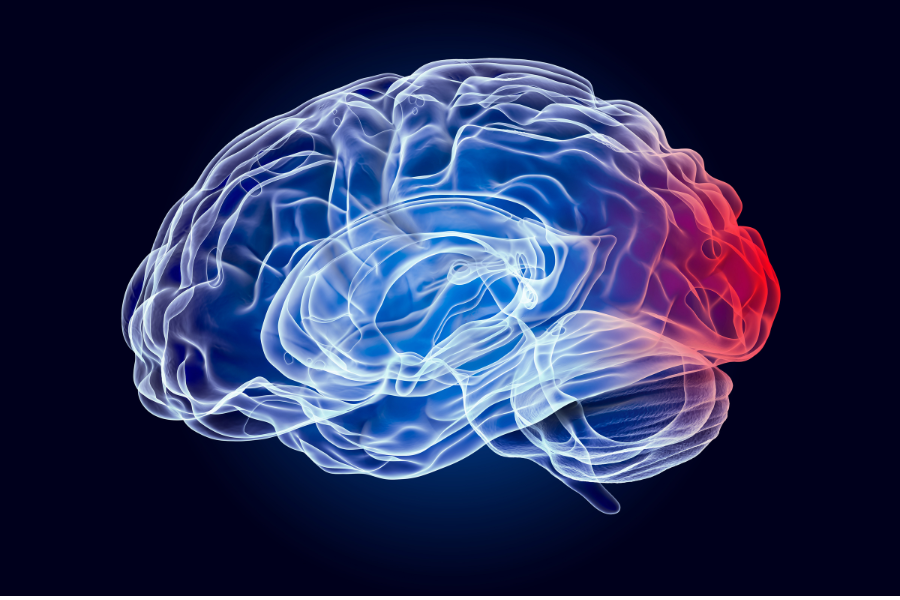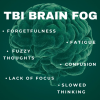Heat and TBI
Why Are Traumatic Brain Injuries and Concussion Symptoms Worse in the Summer Heat? If you’ve experienced a head injury, you may already know that an array of symptoms can occur after the injury for days, months, and even years. Brain trauma can cause body temperature regulation problems like feeling cold with chills, shivering, sweating, or […]












